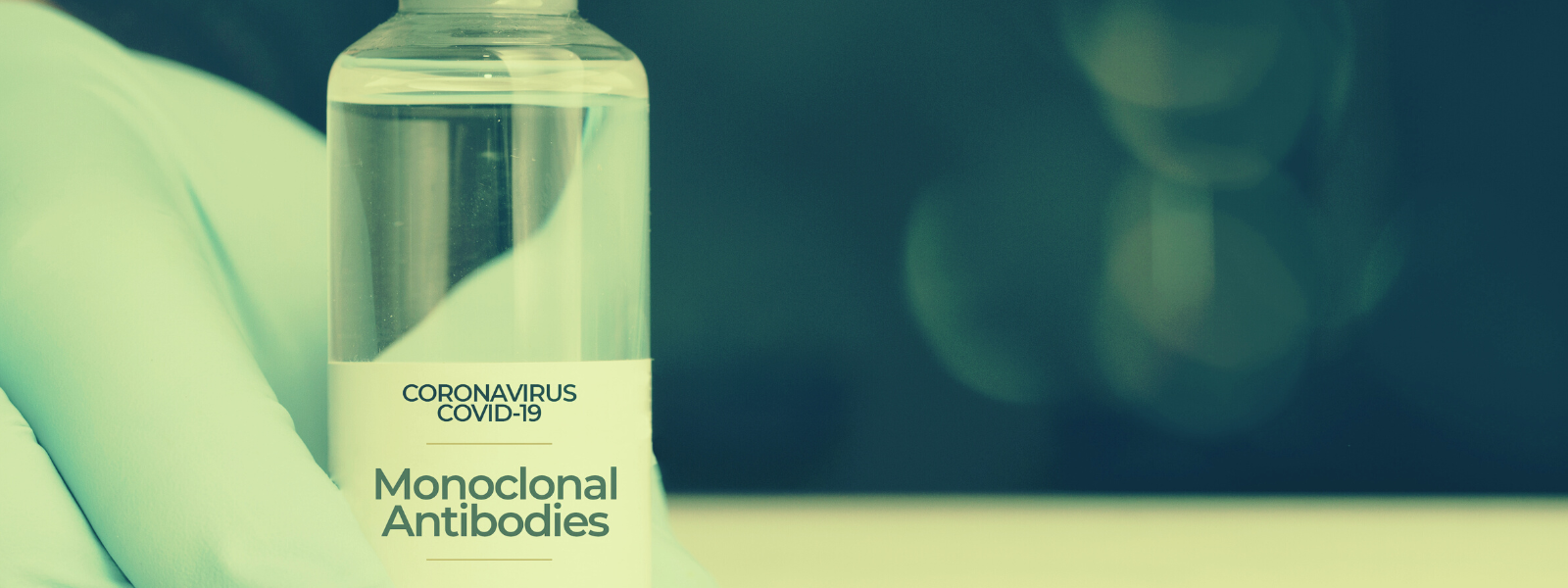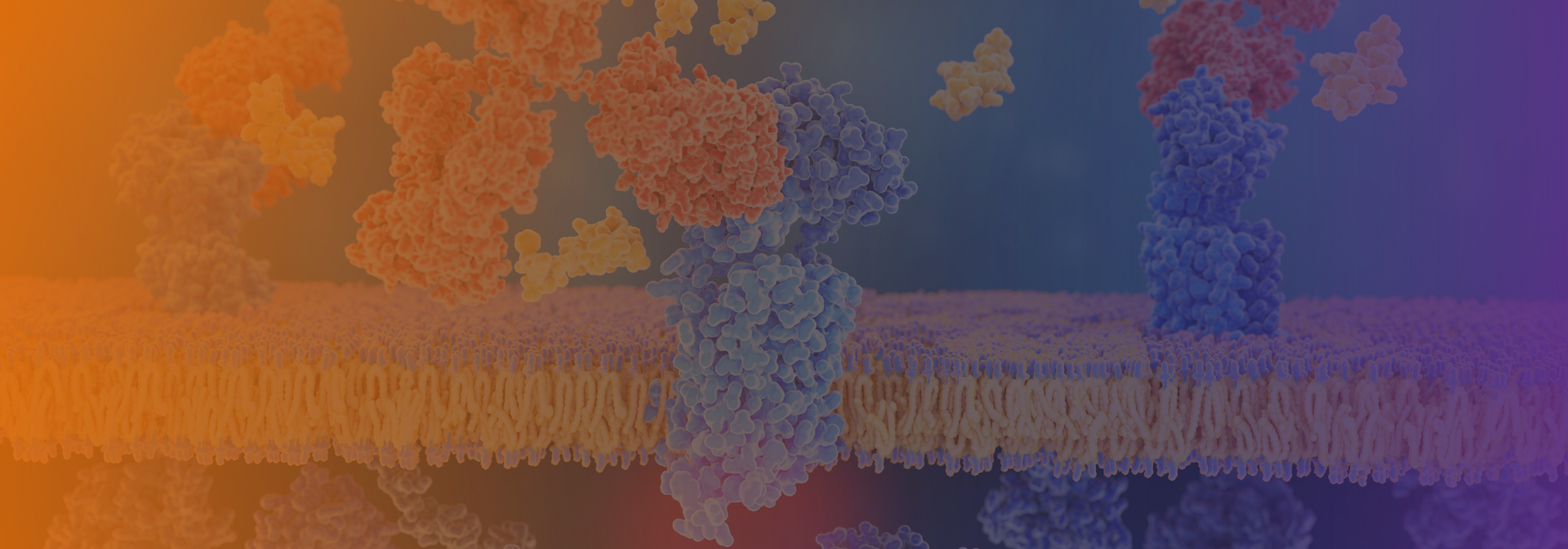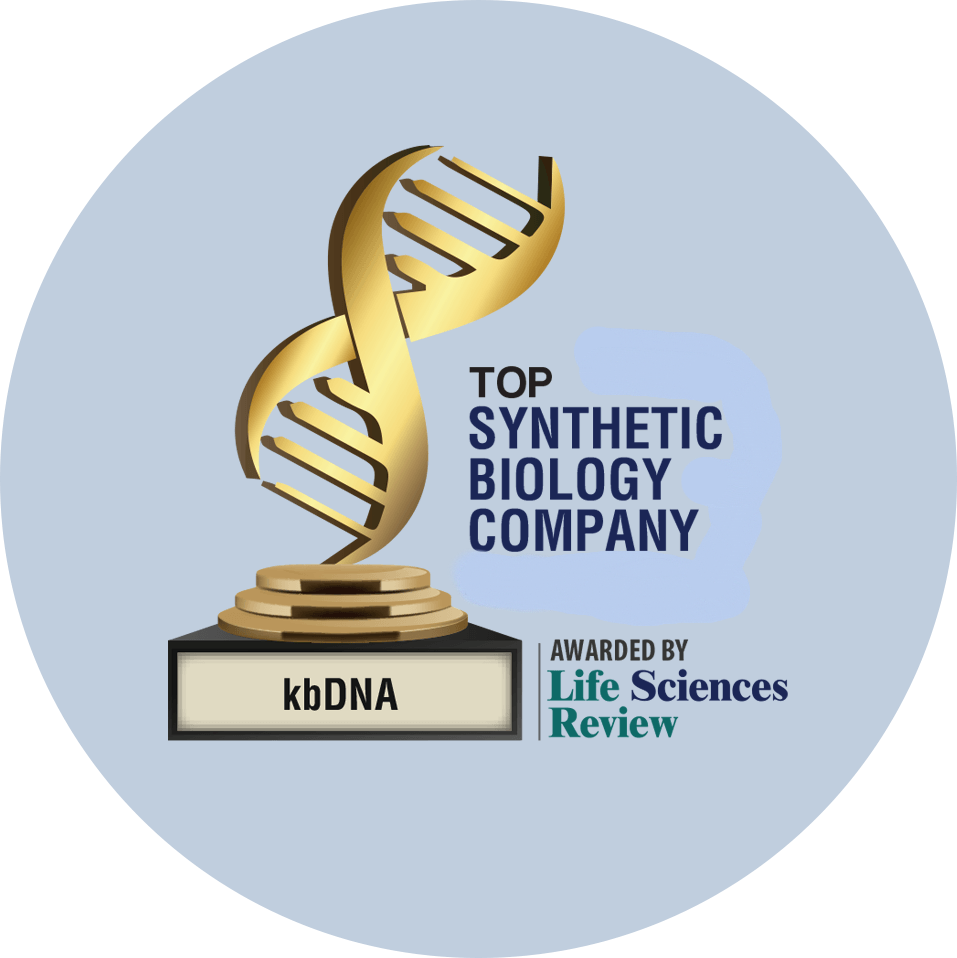Monoclonal Antibodies: A Guide to Their Production, Application, and Future Prospects
Introduction

Monoclonal antibodies, often referred to as mAbs or MoAbs, are a cornerstone of modern biomedical research and therapeutic development. In this comprehensive guide, we will delve into this topic, answering key questions and shedding light on their remarkable history, production methods, diverse types, and crucial applications in medicine.
History of Monoclonal Antibodies
mAbs were first conceptualized by Nobel laureate César Milstein and Georges J. F. Köhler in 1975, marking a pivotal moment in the world of immunology and biomedicine. Their groundbreaking work paved the way for the development of these antibodies as powerful research tools and therapeutic agents. These antibodies, derived from a single parent cell, offer unparalleled precision in targeting antigens, a significant advancement compared to the polyclonal antibodies used before their discovery.
How Monoclonal Antibodies are Made
The production of monoclonal antibodies is a meticulous process that exemplifies the fusion of cutting-edge technology with biological expertise. It begins with the selection of a specific target antigen, a crucial step in ensuring the success of monoclonal antibody generation. The next milestone is the creation of hybridoma cells, which are achieved by fusing a B lymphocyte, responsible for producing the desired antibody, with a myeloma cell, providing longevity to the resulting hybrid. These hybridoma cells are then cultured and screened for monoclonal antibody production, with a focus on clones that produce antibodies with the desired specificity. This meticulous process yields mAbs that can be further customized to meet the exact specifications of researchers, ensuring precision in experiments and therapeutic applications.
Different Types of Monoclonal Antibodies
These antibodies come in various forms, each designed for specific purposes. There are naked antibodies, which directly target antigens and are extensively used in research and therapeutic applications. Additionally, antibody-drug conjugates (ADCs) combine antibodies with cytotoxic drugs, allowing for the selective destruction of cancer cells while minimizing collateral damage to healthy tissues. Bispecific antibodies are another remarkable development, possessing two different antigen-binding sites, which enable them to engage multiple targets simultaneously. These diverse types of antibodies provide researchers and clinicians with a wide range of options to address various challenges in the field.
Applications of mAbs in Medicine
- Cancer Treatment: mAbs like rituximab, trastuzumab, and pembrolizumab have become integral in treating various types of cancer. By specifically targeting cancer cells, these antibodies have significantly improved patient outcomes while minimizing the harmful side effects associated with traditional therapies.
- Infectious Disease Treatment: These antibodies have been at the forefront of the fight against infectious diseases, including COVID-19. They work by neutralizing the virus, reducing disease severity, and aiding in patient recovery.
- Autoimmune Disease Treatment: In autoimmune disorders such as rheumatoid arthritis and multiple sclerosis, mAbs play a crucial role in modulating the immune response, alleviating symptoms, and improving the quality of life for patients.
- Other Applications: Beyond the mentioned areas, monoclonal antibodies find use in transplantation medicine, diagnostics, and even as imaging agents in molecular imaging studies, further showcasing their versatility and importance in modern healthcare.
Advantages and Disadvantages of mAbs
mAbs offer numerous advantages, including their exceptional specificity, reduced side effects, and the ability to target previously challenging antigens. Their use has transformed the landscape of medical treatment and research. However, they also have limitations, such as high production costs and the potential for immunogenicity, which can lead to adverse reactions in some patients. Understanding these pros and cons is crucial in optimizing their use.
Future of Monoclonal Antibody Therapy
The future of monoclonal antibody therapy is incredibly promising. Researchers and biopharmaceutical companies are continually refining production techniques, improving antibody engineering, and expanding the range of applications. As personalized medicine gains traction, monoclonal antibodies will play a pivotal role in tailoring treatments to individual patients, maximizing their therapeutic efficacy.
Key Questions About Monoclonal Antibodies
Let's address some of the key questions researchers and professionals often have about mAbs:
- What are mAbs made of?: They are proteins produced by a single type of immune cell known as a hybridoma cell.
- What is the difference between monoclonal antibodies and polyclonal antibodies?: mAbs are derived from a single parent cell and exhibit high specificity, while polyclonal antibodies come from multiple cells and have less specificity.
- How are mAbs used?: They are used for targeted therapy, research, diagnostics, and more, depending on their specific properties.
- What types of diseases do monoclonal antibodies treat?: These antibodies are employed in the treatment of various diseases, including cancer, infectious diseases, autoimmune disorders, and more.
- How are monoclonal antibodies used during a procedure?: They can be administered intravenously or subcutaneously, depending on the condition being treated.
- What are the advantages & disadvantages of using monoclonal antibodies?: High specificity and reduced side effects are advantages, while production costs and potential side effects are disadvantages.
- How are monoclonal antibody drugs used in cancer treatment?: They target specific proteins on cancer cells, inhibiting their growth and promoting immune responses against cancer.
- What is monoclonal antibodies for COVID?: mAbs have been authorized for emergency use in COVID-19 patients to reduce symptoms and severity, particularly in high-risk individuals.
- What are examples of monoclonal antibodies?: Rituximab, trastuzumab, and infliximab are examples used in various therapies, each targeting specific diseases or conditions.
- How do monoclonal antibodies work?: They bind to specific antigens, either blocking their function, marking cells for destruction by the immune system, or delivering cytotoxic drugs directly to target cells, depending on their type and purpose.
Summary
mAbs have evolved from a scientific breakthrough to a cornerstone of modern medicine and research. Their precision, versatility, and expanding applications make them invaluable in addressing various medical challenges. As the field continues to advance, these antibodies will undoubtedly remain at the forefront of scientific innovation, contributing to improved healthcare outcomes and novel discoveries.
Intrigued by the potential of monoclonal antibodies? Explore their diverse applications, and consider how they could revolutionize your research or clinical practice. This is a vast and ever-evolving area of focus, offering endless opportunities for progress.
Reach out to us today to learn more!

kbDNA, INC.
125 Cambridgepark Dr.
Cambridge, MA 02140
Company
Contact Us
Phone:
+1 (781) 206-2235
Fax:
+1 (781) 206-2258
Email:
info@kbDNA.com
Useful Links
The kbDNA Inc. Quality Management Network is certified as conforming to ISO 9001:2015 standard. Request Certificate











